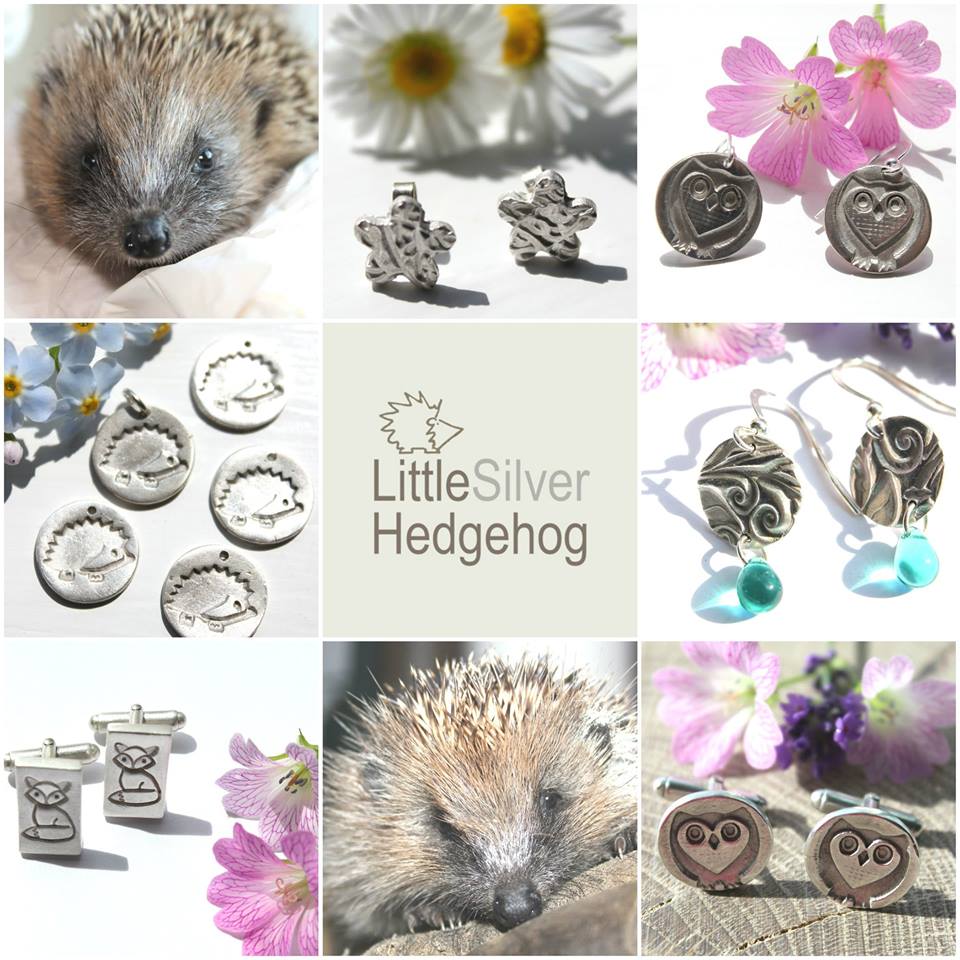Treating hedgehog internal parasites – lungworm, roundworm, fluke
A majority of hedgehogs admitted into my hospital will have a high burden of internal parasites.
Although it is normal for hedgehogs to have a few worms, a healthy hedgehog will develop a natural immunity to them. If a hedgehog is sick, however, it tips this balance in favour of the parasites, sending the hedgehog on a downward spiral. A high parasite burden will stop the hedgehog getting enough nutrients from their food and they will slowly starve. A poorly hedgehog is less able to cope with internal parasites and so the downward decline is exascerbated.
Once they are critically sick, a hedgehog will display the unnatural behaviour (for a nocturnal creature) of coming out in the day – often due to starvation.
So how do hedgehogs get internal parasites and why are sick hedgehogs coming in with so many more types of parasite?
We think of hedgehogs as voracious slug munchers. It is true, of course, that hedgehogs do eat slugs, but they are not high up on the menu. I mean, would you choose to eat slugs if crunchy beetles were also available? Looking at the chart below, you can see that slugs, snails and even earthworms are lower down the hedgehog menu.
Slugs, snails and earthworms are also the intermediate host to three of the key internal parasites that affect hedgehogs.

The internal parasites seen by hedgehog rescues vary across the country. I don’t find the dreaded Thorny Headed Worm here in York. I do find lots of roundworm and fluke though and a few cases of lungworm. Here’s which parasite is carried by which host.
Roundworm = earthworms
Fluke = slugs and snails
Lungworm – slugs and snails
These parasites can also be passed on from mum to baby in the womb so hedgehogs can have parasites even if they are found as tiny orphans.
These internal parasites can only be correctly identified by looking at the hedgehog’s poo under a microscope. There are some other signs that can indicate a particular parasite but checking poo is still essential. Fluke can cause excessive hyperactivity and the poo to smell particularly horrid. I can smell fluke before I see it under the microscope. Hedgehogs with lungworm can have a terrible deep cough like a smoker’s cough. A high worm burden will often put a hedgehog off eating.
Normal hedgehog poo will be lovely and firm and dark brown/black. You can read more about hedgehog poo here. The poo of a sick hedgehog may be green/yellow in colour or more like diarrhoea. Apart from knowing that the hedgehog is sick though, you can’t determine what illness the hedgehog has just from the colour. Green/yellow poo can be caused by several things including fluke, a high burden of other internal parasites, a bacterial infection like coccidiosis or just an upset tummy or stress. It is vital to test the poo to find out what it has and to start urgent treatment. You also have to be very careful with hygiene because bacterial infections like coccidiosis can rapidly spread between hedgehogs and humans can also pick up bacteria carried by hedgehogs, such as E.Coli and Salmonella.

So why are hedgehogs coming in with a greater range of internal parasites than I have seen previously? Well, I’m not a scientist so I will leave that to the experts but I note several things. As a gardener, I’ve seen fewer beetles in recent years, even though I am an organic gardener and I create habitats for beetles. Habitat loss will affect hedgehog’s access to beetles. Concrete gardens with a square of grass and nothing else are not attractive to beetles. Pesticides sprayed on crops target beetles and may explain why there are fewer hedgehogs around farmland. If a hedgehog cannot find enough food, they start to starve, reducing their immunity to internal parasites.
Milder winters are not killing off slugs and snails. There are more of them around. In the absence of other foods, hedgehogs will munch on them. They don’t know they carry parasites!
The time of year also affects what parasites hedgehogs come into rescue with. In Winter there are few beetles around. Late born babies often have a high burden of roundworm, picked up from eating earthworms – one of the few food sources still around.
You can read more here about the causes of the decline in hedgehog numbers.



But before you go reaching for the slug pellets to eradicate the hosts, don’t forget that slug pellets kill hedgehogs. Try organic methods of controlling slugs. I use nematodes, such as Nemaslug.
The best thing you can do to help is to create a healthy habitat for hedgehogs through wildlife friendly gardening and helping to prevent hazards that can cause injury. A healthy environment should mean healthy uninjured hedgehogs that are able to tolerate and self-manage their worm burdens. Supplementary feeding also helps to keep hedgehogs healthy.
I run a hedgehog rescue in York, England. Like all wildlife rescues, my work is entirely self funded and you can find out how to support my work here.
I also make silver jewellery inspired by nature and wildlife. Please check out my online shop.
I am a member of many wild hedgehog rehabilitation forums and I also follow the Vale Wildlife Hospital protocols for treating hedgehogs. You can read more about microscope samples and how to send a poo sample off to Vale for testing here. I don’t put detailed information on my pages about the treatments I use but, if you are a hedgehog rehabilitator and would like to know more or would like any help please contact me.


12 thoughts on “Hedgehog parasites”